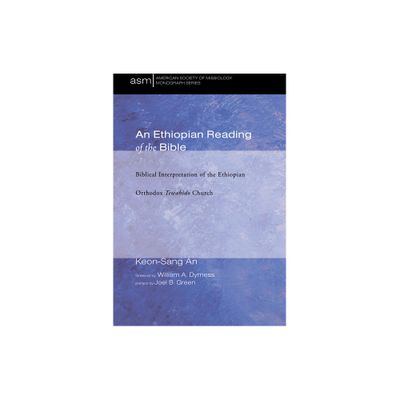Home
A Contextual Reading of Ethiopian Crosses through Form and Ritual: Kaleidoscopes of Meaning
Loading Inventory...
Barnes and Noble
A Contextual Reading of Ethiopian Crosses through Form and Ritual: Kaleidoscopes of Meaning
Current price: $95.00


Barnes and Noble
A Contextual Reading of Ethiopian Crosses through Form and Ritual: Kaleidoscopes of Meaning
Current price: $95.00
Loading Inventory...
Size: OS
*Product Information may vary - to confirm product availability, pricing, and additional information please contact Barnes and Noble
Ethiopia is unique among Christian lands for the incomparable prominence of the cross in the life of its people and for the inexhaustible variety and intricacy of decorative patterns on cross-shaped objects of all kinds. Crosses of wondrous diversity and sophistication are extensively used in religious and magic rituals, as well as in the daily social interactions and personal experiences of people in a variety of contexts. This book explores the ways in which Ethiopian crosses reflect and shape a broad range of ideas, from religious beliefs to interrelated socio-political values, and from individual notions of identity and protection to cultural constructs of local and universal dimensions. Thus the cross of the Ethiopian tradition emerges as the sacred matrix that encompasses the life of the world in both its microcosmic and macrocosmic dimensions; and as the social and cultural nexus through which and with which people interact in order to shape and express personal and communal identities and hopes.The investigation includes textual and visual evidence, as well as aspects of Ethiopian history and cultural tradition, and highlights elements of both continuity and change. Special attention is given to religious rituals in which crosses guide the participants to internalize abstract ideas central to their culture, through sensorial experience and interaction. A main objective of this analysis is to contribute to an understanding of visual creations as interactive depositories and therefore also generators of ideas, with an influential role in identity formation, socio-cultural interactions and the construction of power relations.


















